Explain the impact of the Mexican-American War
Treaty of Guadalupe Hidalgo (1848), the U.S. gained over 500,000 square miles of territory, including present-day California, Arizona, New Mexico, Utah, Nevada, and parts of Colorado and Wyoming. This fulfilled the idea of Manifest Destiny, the belief that the U.S. was destined to expand across the continent.
What is the Scramble for Africa?
The Scramble for Africa refers to the period between the 1880s and 1914 when European powers rapidly divided and colonized nearly the entire African continent.
Explain the Sino-Japanese War
A war fought between China and Japan for control of Korea. Korea became a target of Japan’s expansionists (following the rapid industrialization of the Meiji Restoration)
What is Manifest Destiny?
refers to the 19th-century American belief that it was the United States' God-given right and duty to expand its territory westward across North America.
Explain Imperialism with an Example.
To extend its power and influence over other regions through diplomatic, economic, or military force. It often involves the domination of one country over another’s political, economic, and cultural life.
Ex.
British over India
British and Egypt
France and Algeria
What was El Porfiriato?
Mexicos Dictator that allowed foreign investors in Mexico. It created a rich and a poor Mexico at the same time. With the ideas of Social Darwinism.
What is the importance of the Berlin Conference?
(1884-1885) was a meeting where European powers negotiated and formalized their claims to territories in Africa, marking the beginning of the Scramble for Africa. It was organized by Otto von Bismarck
Explain the Indian rebellion in 1857
the Sepoy Mutiny, or the Indian Revolt of 1857, was a major uprising against the rule of the British East India Company in India.
Caused by high taxes and trying to change Indian culture.
What type of Migrants entered the United States?
And explain why.
Irish- the potato famine.
Chinese- political turmoil (Opium War, Boxer Rebellion, Taiping Rebellion)
Western and Eastern Europeans
Mexicans- Porfiriato & Mexican Revolution
Explain this image. 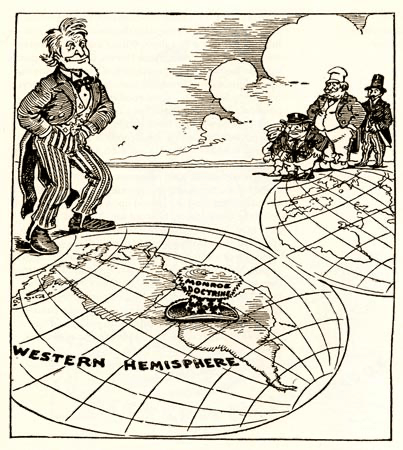
This is an example of Sphere of Influence.
a region or area where a particular state or organization holds significant political, economic, or military influence, often without formal control.
What did United Fruit Company did in Latin America?
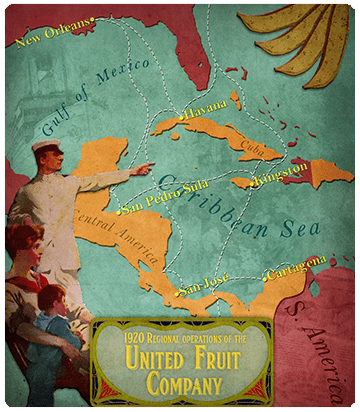
What resources were in Africa? What were they used for?
Rubber- Tires and Shoes
Cotton- Textiles
Diamonds- Jewelry
Palm Oil- Cooking oil
Coffee
Salt
Gold
What was the Boxer Rebellion?
The Boxer Rebellion (1899–1901) was an anti-foreign, anti-colonial, and anti-Christian uprising in China. It was led by a secret Chinese society known as the Society of Righteous and Harmonious Fists, whose members were referred to as Boxers by Westerners due to their practice of martial arts. The rebellion was fueled by resentment against foreign influence and Chinese governmental weakness.
What was the Monroe Doctrine?
warns European nations that the United States would not tolerate further colonization. This allowed the United States to colonize the Western Hemisphere for themselves.
What is Social Darwinism?
a social theory that applies the principles of Charles Darwin’s theory of natural selection to human societies. It suggests that competition and survival of the fittest determine social, political, and economic success.
What is the impact of the Spanish American War?
Territorial Expansion: Through the Treaty of Paris (1898), the U.S. acquired Puerto Rico, Guam, and the Philippines, while Cuba became a U.S. protectorate.
US became a world power.
Explain this image.
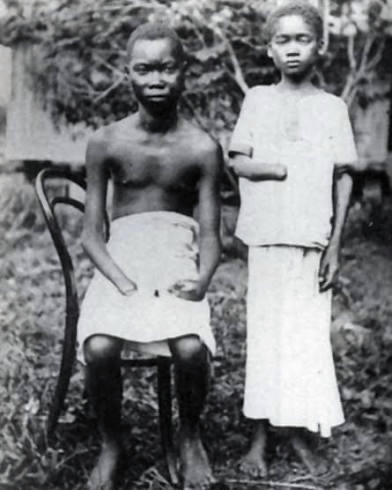
King Leopold II established harsh punishment when Africans from Congo didn’t work as hard to extract resources.
Chinese and Indian Indentured Servants
The new global capitalist economy continued to rely on coerced and semi-coerced labor migration, including slavery, Chinese and Indian indentured servitude, and conviction labor.
Chinese going to Latin America or India harvest Sugar.
What was the Chinese Exclusion Act? And what was its impact on the United States?
The Chinese Exclusion Act was a U.S. federal law signed on May 6, 1882, which prohibited the immigration of Chinese laborers to the United States. It was the first major law in U.S. history to restrict immigration based on nationality or ethnicity.
What was the U.S Open Door Policy?
U.S. foreign policy that sought equal trading rights for all nations trading in China and commercial advantages for U.S. businesses.
Explain the importance of the Panama Canal.
the act of the United States using diplomatic and military power to facilitate Panama's independence from Colombia, solely to secure the rights to build and control the Panama Canal
What is White Mans Burden?
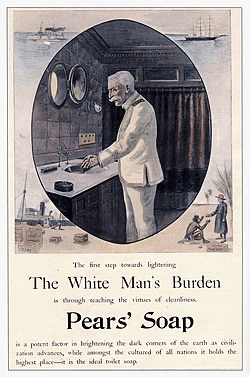
To teach the “other” European language, culture (religion), and customs.
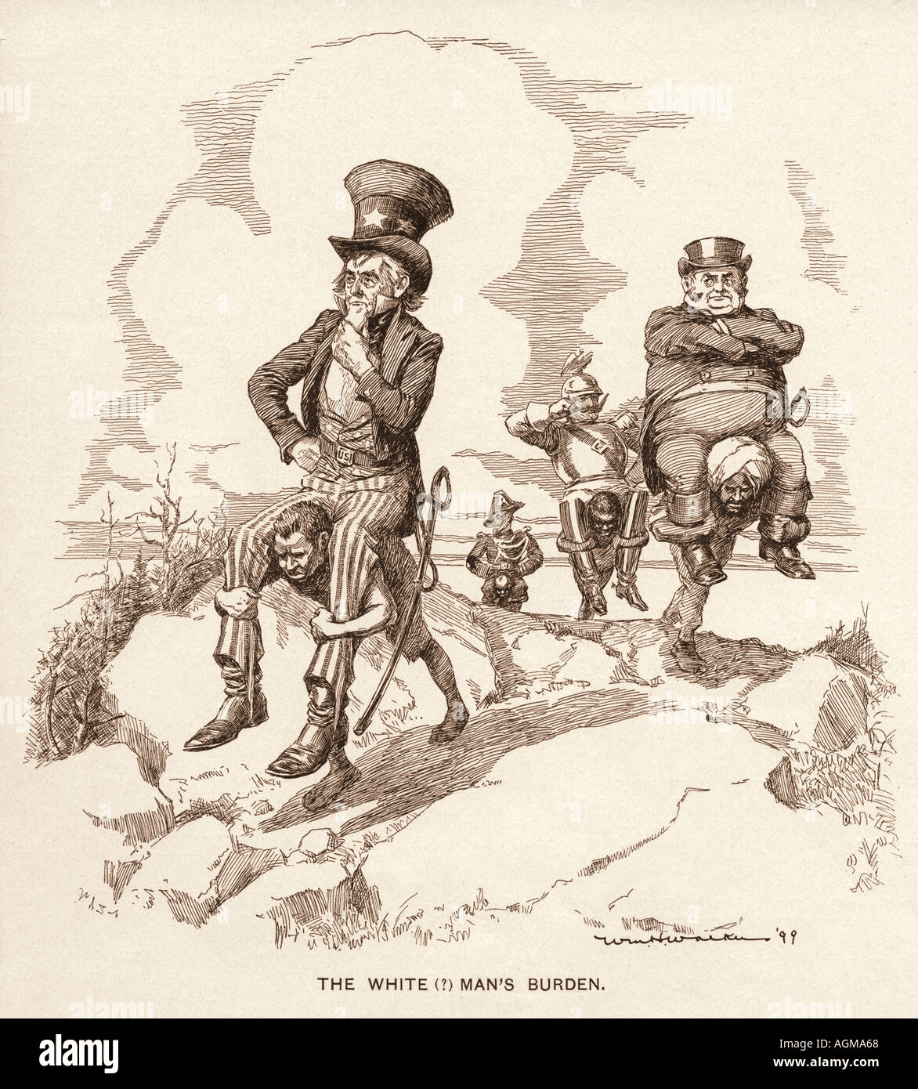
Explain the Opium War
The British wanted to trade with China because they had a large amount of silver. They said no, so they started to smuggle Opium to get them high so they can extract the silver. Eventually, they will sign a treaty where the British and Europe can control the Chinese ports for trade.
What was the Trail of Tears?
forced displacement of about 60,000 Native Americas between 1830 and 1850.
Explain the Ghost Dance. And extra points if you dance in front of the class.
A spiritual dance or resistance to show their feelings and strengths during the hardship of native displacement.